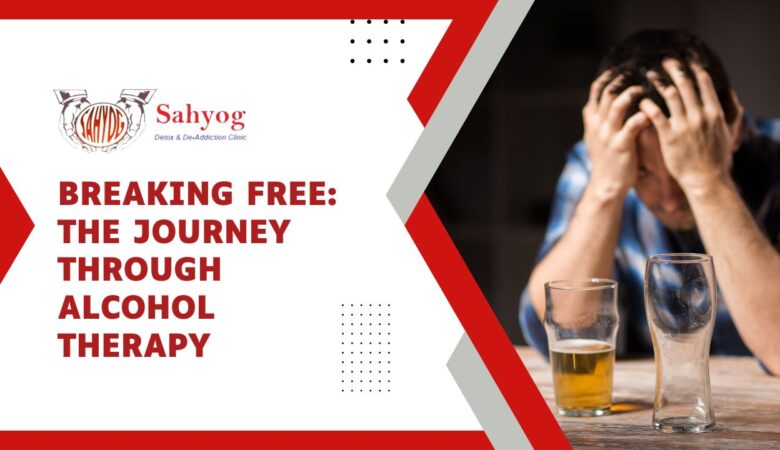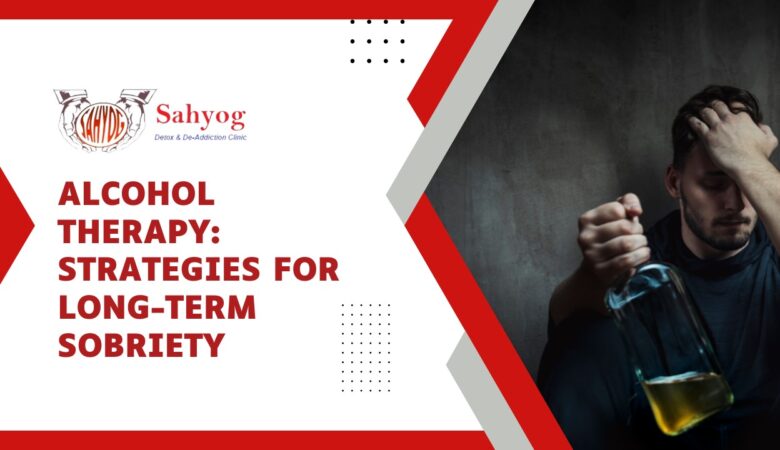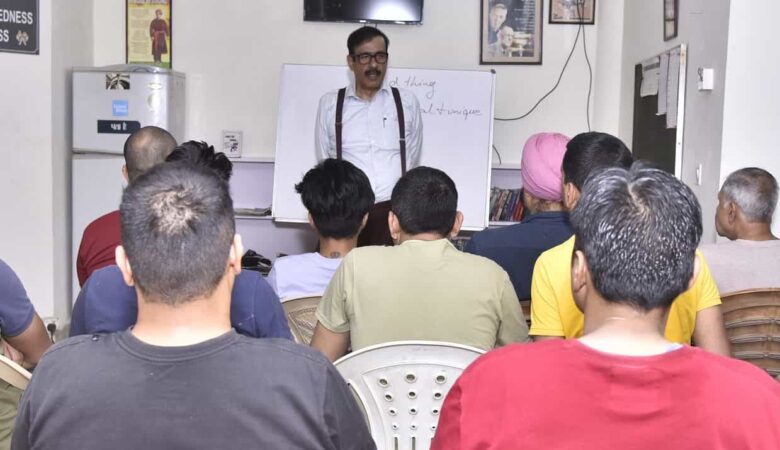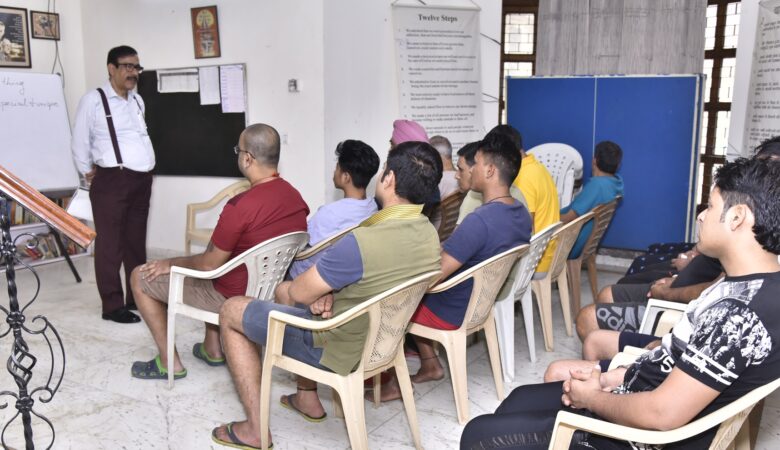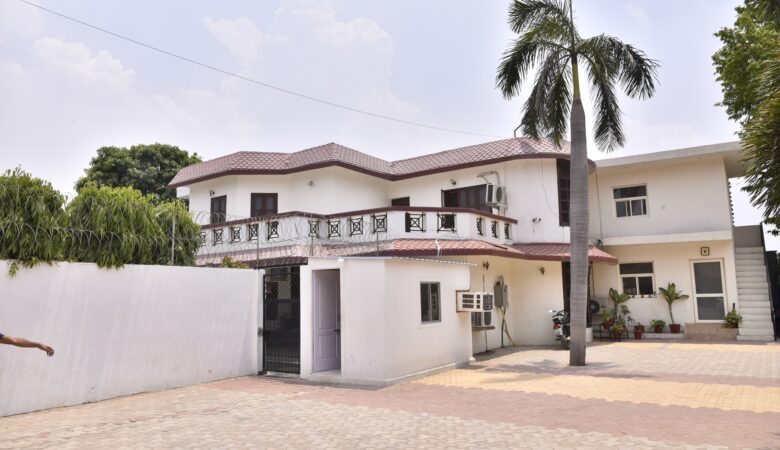Breaking Free: The Journey through Alcohol Therapy
Are you ready to break free from the grips of alcoholism and embark on a journey towards a healthier, happier life? If so, you’re not alone. Seeking help through alcohol therapy is a brave and empowering step towards overcoming addiction and reclaiming control over your life. In this blog post, we’ll explore the different types of alcohol therapy available, what to expect during treatment, and how to maintain sobriety long after completing therapy. So grab a cup of tea (or coffee!) and let’s dive into the transformative world of alcohol therapy together! Understanding Alcoholism and Its Effects Alcoholism is a complex and chronic disease that affects millions of individuals worldwide. It goes beyond just excessive drinking; it’s a pattern of alcohol use that impairs daily functioning and causes distress. The effects of alcoholism can be devastating, impacting not only the individual but also their relationships, work performance, and overall well-being. Physical health issues such as liver damage, heart disease, and neurological problems are common among those struggling with alcohol addiction. Mental health concerns like depression, anxiety, and cognitive impairment often coexist with alcoholism. The emotional toll can lead to isolation, guilt, shame, and a sense of hopelessness. Understanding the nature of alcoholism is crucial in seeking effective treatment and support for recovery. The Importance of Seeking Help Struggling with alcoholism can feel like a lonely battle, but it’s crucial to remember that seeking help is not a sign of weakness, but rather a brave step towards healing. Acknowledging the need for support and guidance is the first significant stride on the path to recovery. Reaching out for help from professionals who understand alcohol addiction can provide invaluable insights and tools to navigate through challenging times. Therapy offers a safe space to explore underlying issues contributing to alcohol misuse and develop coping mechanisms for healthier behavior patterns. By seeking help, individuals open doors to new perspectives, strategies, and resources that can empower them in their journey towards sobriety. Support systems created through therapy enable individuals to build resilience and cultivate self-awareness essential for lasting change. Choosing to seek help is an act of self-love and courage that signals a commitment to personal growth and well-being. Remember, you are not alone in this journey – there are compassionate professionals ready to walk beside you every step of the way. Types of Alcohol Therapy When it comes to alcohol therapy, there are different types available to cater to individual needs and preferences. One common type is individual therapy, where you work one-on-one with a therapist to address underlying issues contributing to your alcohol use. This personalized approach allows for focused attention on your specific challenges and goals. Group therapy provides a supportive environment where you can connect with others who are also on the path to recovery. Sharing experiences and insights with peers can be incredibly beneficial in gaining perspective and building a sense of community. Alternative therapies offer additional avenues for healing beyond traditional talk therapy. These may include art therapy, yoga, meditation, or holistic approaches that focus on the mind-body connection. Exploring these options can help broaden your toolbox for coping with cravings and stressors. Each type of alcohol therapy has its own unique benefits, so finding the right fit for you is key in making progress towards sobriety. Whether you prefer a more private setting or thrive in group dynamics, there’s a therapy approach out there that aligns with your needs. Individual Therapy When it comes to alcohol therapy, individual therapy plays a crucial role in addressing personal struggles and underlying issues. In one-on-one sessions with a therapist, you have the opportunity to explore your thoughts, emotions, and behaviors in a safe and confidential setting. Individual therapy allows you to delve deep into the root causes of your alcohol use disorder and develop coping strategies tailored to your specific needs. Through personalized treatment plans, you can work on building resilience, improving self-awareness, and enhancing your overall well-being. Therapists may utilize various techniques such as cognitive-behavioral therapy (CBT), motivational interviewing, or mindfulness practices to help you overcome challenges and make positive changes in your life. By fostering a supportive therapeutic relationship, individuals can gain insights into their patterns of addiction and learn how to navigate triggers effectively. Individual therapy serves as a valuable tool in promoting self-discovery, growth, and healing on the journey towards sobriety. Group Therapy Group therapy is a powerful tool in the journey towards sobriety. Being surrounded by individuals who understand your struggles can provide a sense of community and support like no other. In these sessions, you’ll have the opportunity to share experiences, learn from others, and build connections that can last a lifetime. The group dynamic allows for different perspectives to be shared, fostering empathy and understanding among participants. It’s not about judgment but rather about encouragement and growth. Through group therapy, you’ll realize that you’re not alone in this battle against alcoholism. Listening to others’ stories can offer insights into your own behavior patterns and triggers. You may find comfort in knowing that there are others facing similar challenges and successes as you navigate the path to recovery. Embracing this collective strength can be transformative on your healing journey. Together with peers who are walking a similar path, you can celebrate victories both big and small while receiving constructive feedback when needed. Group therapy creates a space where honesty flourishes, leading to profound self-discovery and personal growth. Alternative Therapies Alternative therapies offer a holistic approach to alcohol therapy, focusing on the mind, body, and spirit. These unconventional methods can complement traditional treatment options by addressing underlying issues that may contribute to addiction. Some of the alternative therapies include art therapy, music therapy, yoga, meditation, acupuncture, and equine therapy. These approaches aim to promote self-expression, relaxation, mindfulness, and emotional healing. Art therapy allows individuals to explore their emotions through creative expression while music therapy uses sound as a therapeutic tool for stress relief and emotional release. Yoga and meditation help in cultivating inner peace and
